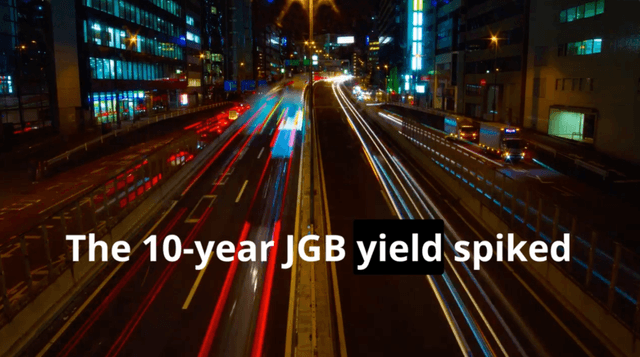Novo Nordisk rallies as FDA crackdown halts $49 copycat pill
Novo Nordisk (NYSE:NVO) shares rebounded in Frankfurt on Monday after telehealth provider Hims & Hers Health (NYSE:HIMS) abruptly scrapped the launch of a low-cost, compounded weight-loss pill following an aggressive regulatory warning from the U.S. Food and Drug Administration.





-640x360.jpg&w=1200&q=75)
-640x360.jpg&w=1200&q=75)











